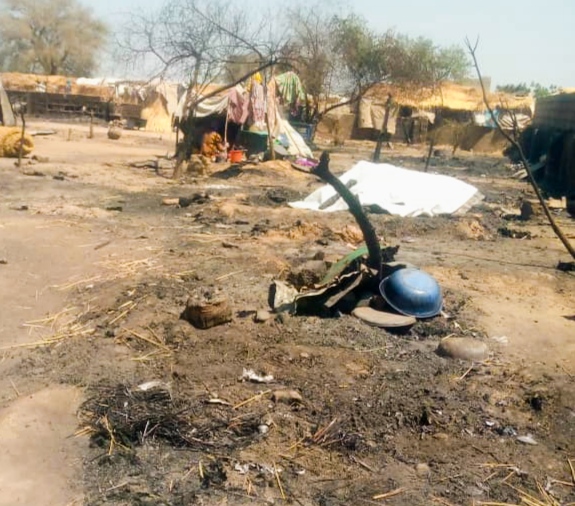The fuel crisis in Nigeria could soon be a thing of the past as the country focuses on increasing its crude oil production. This approach has been highlighted by the Minister of State for Petroleum Resources (Oil), Heineken Lokpobiri, who believes that ramping up production is the easiest way to put an end to the ongoing crisis.
Speaking to State House correspondents at the conclusion of a three-day retreat in Abuja, Lokpobiri stressed the importance of addressing the low level of oil production, which has contributed to the fuel scarcity issue. He attributed this decrease in production to security concerns, lack of investment, and other related challenges. However, the minister assured that the government is actively working to resolve these issues and expects to see positive results in the coming months.
Lokpobiri also expressed confidence in the efforts made to restore the confidence of international oil companies and encourage reinvestment in the Nigerian oil industry. The ministry has been actively addressing concerns raised by these companies, both in terms of fiscal and regulatory matters. With these measures in place, Lokpobiri stated that the government aims to achieve a production rate of close to 2 million barrels per day by the end of the year.
In addition to increasing production, the minister has implemented reforms to streamline the licensing process for establishing and operating oil-related facilities. He emphasized the importance of efficient and timely approvals, and has committed to signing licenses within 24 hours, provided the requirements are met. However, Lokpobiri also maintains a strict stance on license holders, stating that licenses must be used in accordance with their terms. Failure to do so will result in their cancellation.
While modular refineries have been issued licenses, the main challenge remains the availability of crude oil to support their operations. Lokpobiri acknowledged this issue and highlighted that the government is working to address it. He assured that the rehabilitation of Phase 1 of the Warri refinery will be completed by the end of 2023, while Phases 2 and 3 of the Port Harcourt refinery are scheduled for completion by 2024. The entire Kaduna refinery is expected to be operational by the end of next year. Lokpobiri holds the Nigerian National Petroleum Company Limited (NNPCL) accountable for meeting these deadlines.
In conclusion, the Nigerian government is taking proactive steps to address the fuel crisis by increasing crude oil production. By focusing on security, investment, and addressing concerns raised by international oil companies, the government aims to achieve a production rate of close to 2 million barrels per day. Additionally, measures have been implemented to streamline the licensing process and ensure compliance with terms. The rehabilitation of the country’s refineries is also underway, with targets set for completion. With these efforts, Nigeria is on track to overcome its fuel scarcity challenges and improve domestic refining capacity.
Note: The above article has been rewritten for Nigerian readers, incorporating various writing styles and keywords for improved SEO visibility.



